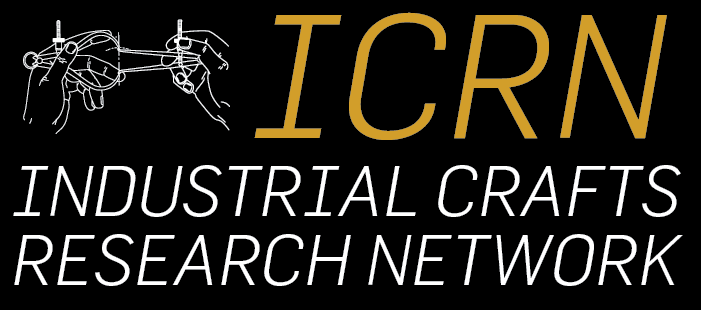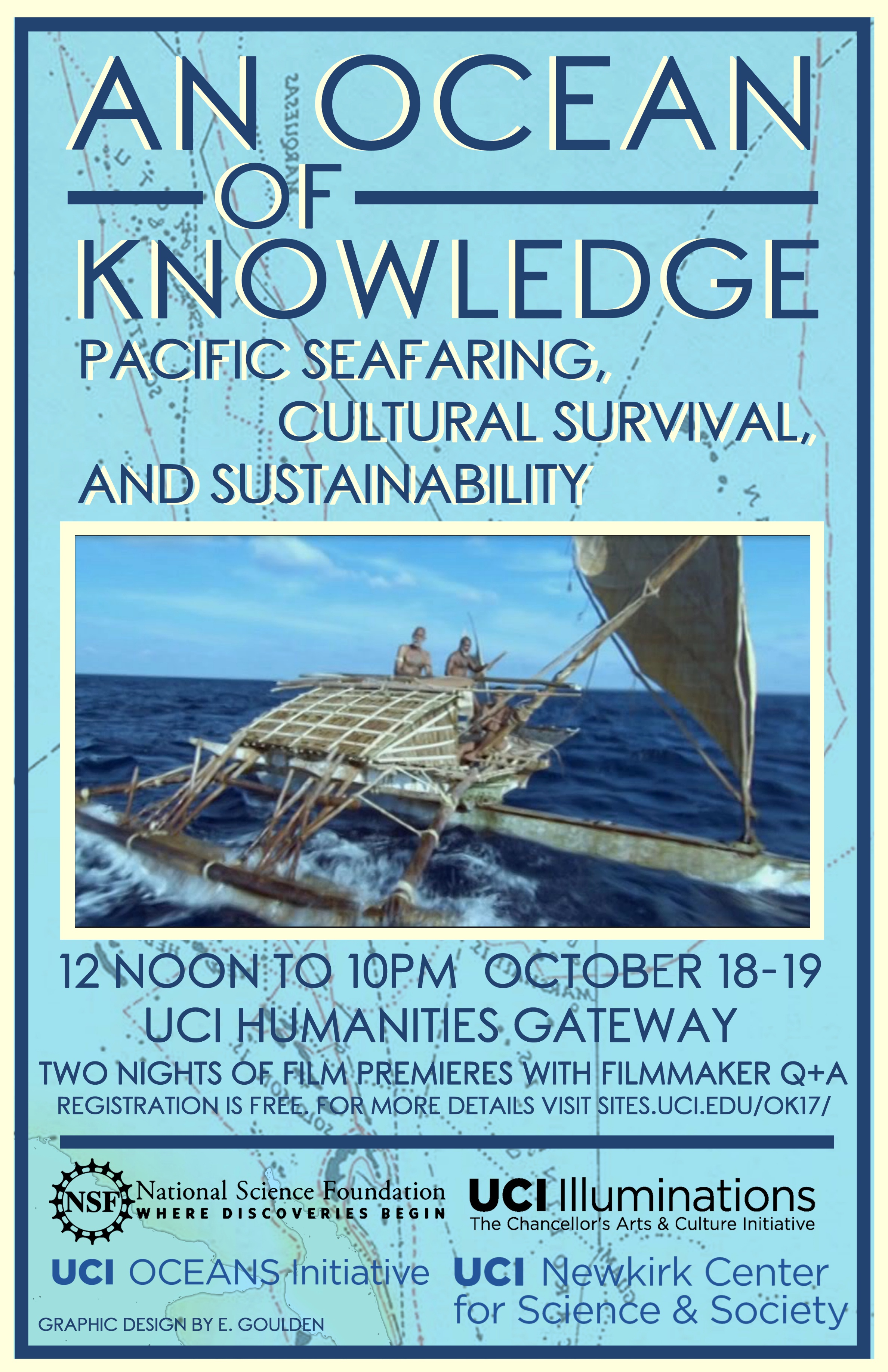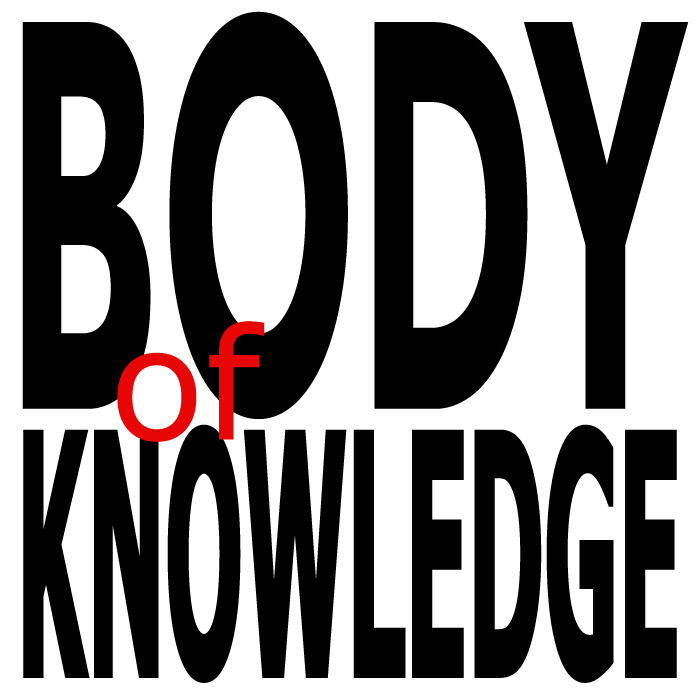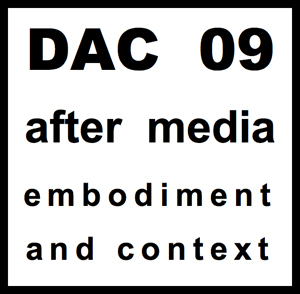
Industrial Crafts Research Network
Symposium November 13-14, 2021
Directed and produced by Simon Penny
This symposium planned for November 13 and 14, is dedicated to the study of and communication of skill and knowledge within Industrial Crafts.

An Ocean of Knowledge
Oct 18-19, 2017
University of California, Irvine
Directed and produced by Simon Penny
This interdisciplinary workshop/symposium planned for October 18 and 19, 2017 at University of California, Irvine (UCI) focuses on the remarkable – but almost lost –navigation and seafaring traditions of the peoples who traversed and settled one-third of the world.

A Body of Knowledge: Embodied Cognition and the Arts
Dec 8-10, 2016
Claire Trevor School of the Arts
University of California, Irvine
Directed and produced by Simon Penny
The conference is motivated by an awareness that these new paradigms provide ways of thinking about intelligence-in-action which move beyond the strictures of the cognitivist paradigm of cognition which prevailed in the second half of the C20th. This paradigm substantially failed to provide explanations of the intelligences involved embodied nature of arts practices. The historical confluence of the rise of cognitivism, the rise of Artificial Intelligence and the spread of computing into all walks of life had the double of effect of reinforcing cognitivist explanation and influencing the theorisation of Human Computer Interaction and the development of Media Arts. The full impact of post-cognitivist theories of cognition are yet to be felt in these quarters.

Digital Arts and Culture 2009
Dec 12-15, 2009
Arts Plaza, University of California Irvine.
Directed and produced by Simon Penny
Digital Arts and Culture 2009 is the 8th in an international series of conferences begun in 1998. DAC is recognized as an interdisciplinary event of high intellectual caliber.
The broader rubric for this theme "Embodiment and performativity" touches on interaction design as well as the practices of media artists who develop dynamic and/or embodied processes for interactive artworks. The theme points to concerns about computation carrying with it values that possibly work against the affective and embodied dimensions of digital media. It also speaks to how people in the different worlds of digital media - e.g. art, computation, design - can talk across their differences.